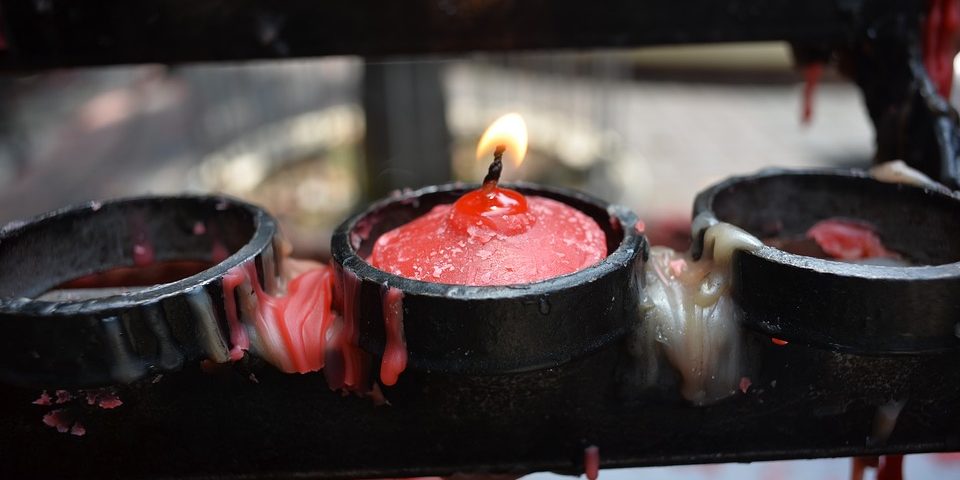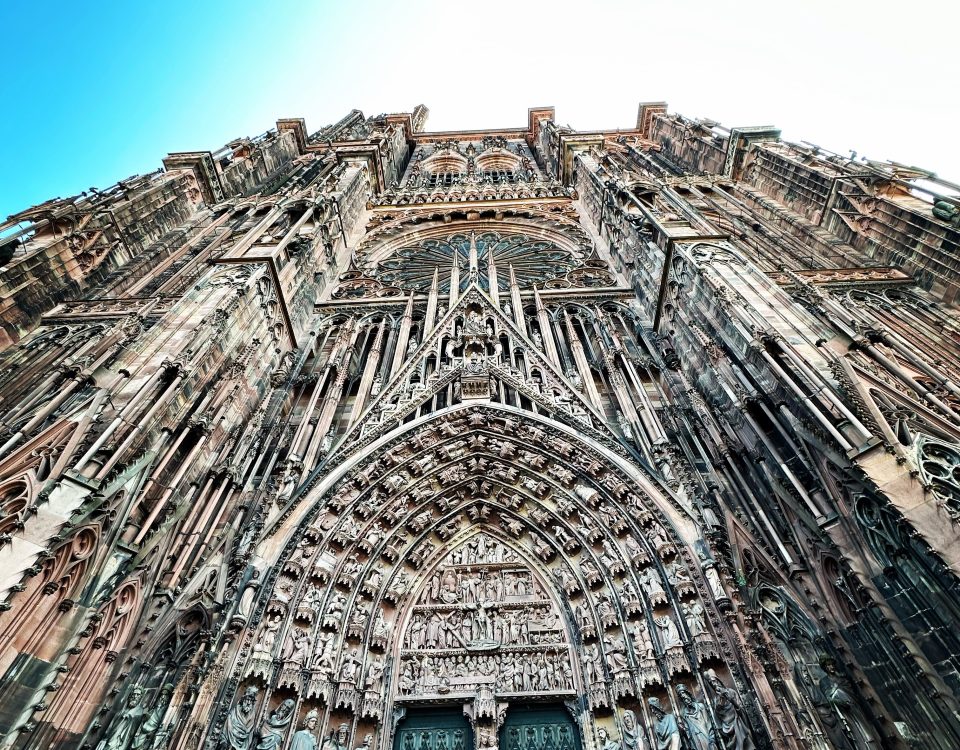Where is hope in the Church? It’s several places; you just need to look.
Of course, hope is wherever Christ is—in the faith, in prayer, in scripture, in sacraments. These are the enduring sites of hope, where hope can be found no matter what. But where else is hope found? Where should one look?
In my opinion I think hope is found in places like Catholic Charities and in what good people are doing through all the other charitable and philanthropic ministries of the Church throughout the world. In these institutions are people doing remarkable good; they never fail to inspire me as they make our world more beautiful and more just. I also think you find hope in all the many unsung ministries served faithfully by the many unsung people of God—visitors of the sick, those who take the Eucharist to the home-bound, those who simply minister kindness to their neighbors, those who cook and clean. So often we acclaim bishops, priests, deacons, and religious the heroes of the Church, and we often forget the many more who serve like this in the name of Christ and the Church every day. In these people, especially, I find hope. Also, walk through our Catholic schools; there you’ll find hope too. In our students and dedicated teachers there’s profound hope and a good which has long shaped our country and our world for the better.
But also included here, close to my heart, is the parish. I firmly believe that the Catholic parish is one of the gems of Christianity, part of its genius. The parish is a community, geographically defined but still open to all, in which people live out the roller coaster of the Christian life in faith and love and forgiveness. That is, the parish is a community in which we don’t get to pick fellow members, in which we must see each person as given by God, struggling with that truth in how we speak, act, and forgive. That is, the parish is the place wherein we learn to love our neighbor, practicing grace in diversity. At least in theory; at least that’s what we struggle to live every day.
Which is why Paul’s words resonate with me. “Is Christ divided?” he asks the Corinthians (1:13). Strive to avoid divisions; be “united in the same mind and in the same purpose,” he tells them (1:10). He’s exhorting them to unity, not to a superficial unity but a deep theological unity, to eucharistic unity. Which, simply put, is how the community is to survive, by finding these deeper ties that bind, the presence and grace of God.
Beginning on the altar, where Christ isn’t divided but instead broken in sacrifice and forgiveness.
Which is our task. In what promises to be a stressful year in our country, we Christians must remember this: that our ties that bind are not our opinions or our politics, but rather Christ present in the Eucharist. And so, let us each look for Jesus there, keeping close together—around the altar and in the world.










